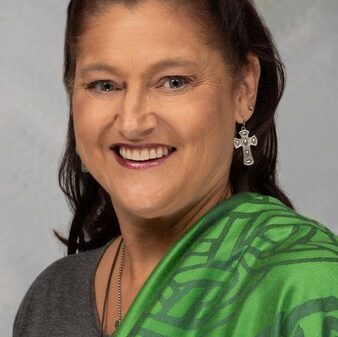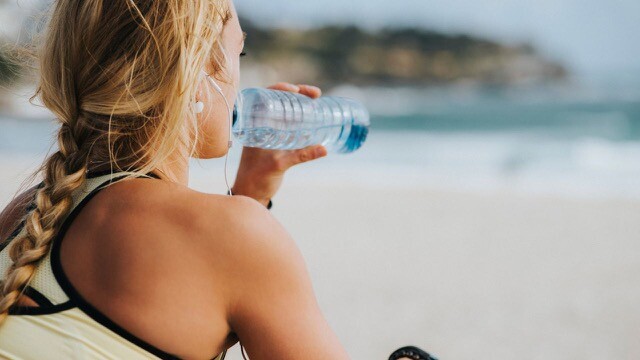Hydration is often oversimplified as merely drinking more water. Many women assume that increasing their water intake will automatically lead to better health, improved cognition, and reduced bloating. However, experts highlight that effective hydration involves much more than just the volume of water consumed.
According to nutritionist Tania, hydration encompasses how well water is absorbed by the body and how it interacts with essential nutrients. This perspective shifts the focus from quantity to quality, underscoring the importance of understanding the body’s hydration needs.
The Complexity of Hydration
Effective hydration is not just about drinking water; it’s about how that water is utilized within the body. When water is consumed, it must be absorbed efficiently in the gastrointestinal tract. Factors such as the presence of electrolytes, the types of foods consumed, and individual metabolic rates all influence hydration levels.
Electrolytes, such as sodium and potassium, play a crucial role in maintaining fluid balance. They help regulate the movement of water in and out of cells, ensuring that the body remains adequately hydrated. Tania emphasizes that relying solely on water may not always meet hydration needs, particularly in situations of intense physical activity or heat exposure.
Understanding Individual Needs
The hydration requirements can vary significantly among individuals. Factors such as age, activity level, and overall health all contribute to how much and what type of fluids are necessary. For women, hormonal fluctuations can also impact hydration and fluid retention, making it essential to tailor water intake according to personal circumstances.
Research indicates that many women may not be aware of their specific hydration needs. A study published in the Journal of Nutrition found that a significant percentage of women do not meet the recommended daily fluid intake, which varies but is generally around 2.7 liters for women. This lack of awareness can lead to issues such as fatigue, headaches, and other health complications.
Medical professionals advocate for a more informed approach to hydration. They suggest incorporating a variety of fluids, including those rich in electrolytes, to enhance absorption and retention. Foods with high water content, such as fruits and vegetables, can also contribute to overall hydration.
Emphasizing the importance of proper hydration, Tania encourages women to recognize the signs of dehydration, which can include dry skin, fatigue, and cognitive impairment. Understanding the body’s signals is crucial for maintaining optimal health.
In conclusion, hydration is a multifaceted issue that extends beyond simply drinking water. It is essential to consider the effectiveness of water absorption and the role of nutrients and electrolytes in maintaining overall well-being. By adopting a more comprehensive understanding of hydration, individuals can make informed choices about their fluid intake and support their health more effectively.







































































